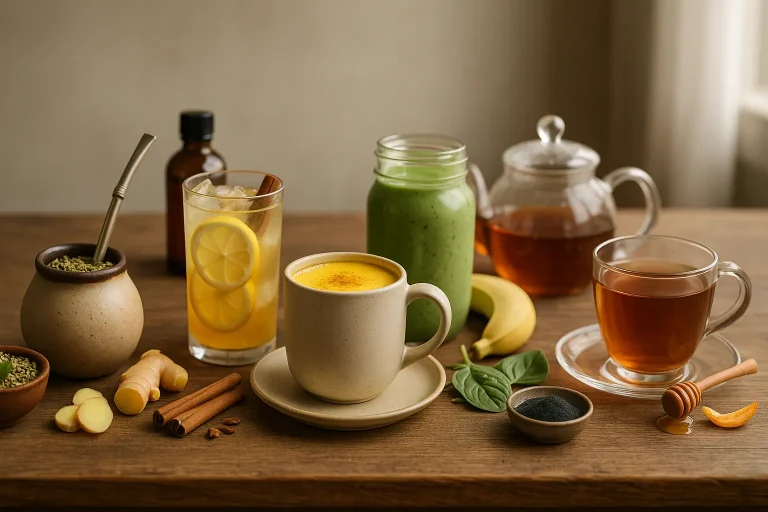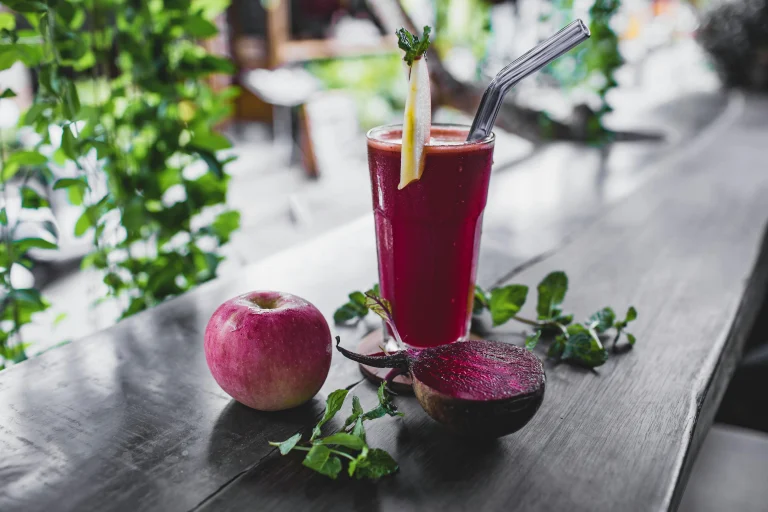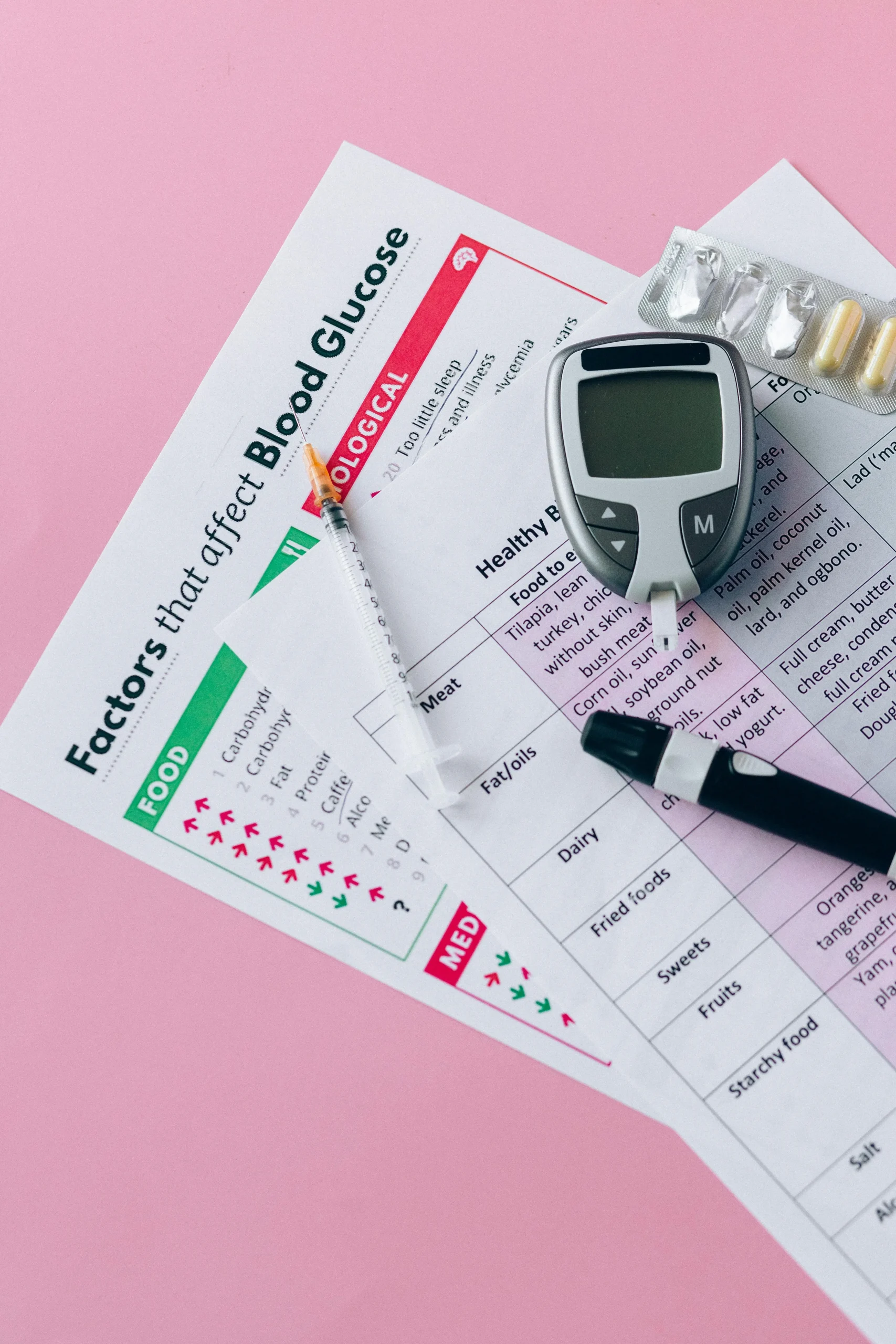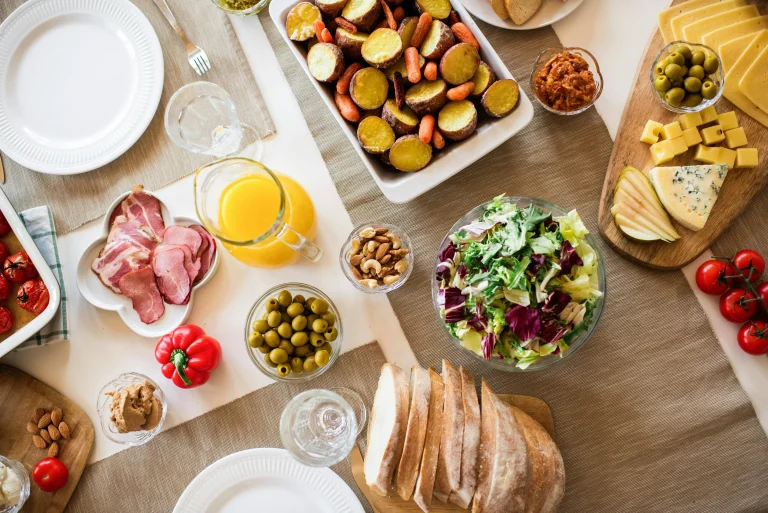Athletes need fuel that works as hard as they do but that doesn’t mean spending hours in the kitchen. Whether you’re training for endurance, strength, or recovery, meal prep can be streamlined to deliver optimal nutrition without the time drain. The key is planning meals that are balanced, batch friendly, and easy to assemble.
Here’s how to prep like an athlete efficiently, effectively, and without sacrificing quality.
Why Meal Prep Matters for Athletic Performance
Meal prep isn’t just about convenience it’s about consistency. Athletes require steady intake of macronutrients and micronutrients to support energy, muscle repair, and hormonal balance. Skipping meals or relying on last minute options can lead to under-fuelling, poor recovery, and performance dips.
Benefits of athlete-focused meal prep:
- Ensures adequate protein, carbs, and fats throughout the week
- Reduces decision fatigue and impulse eating
- Supports training goals with targeted nutrition
- Saves time and money by reducing food waste
- Improves digestion and energy levels with whole-food ingredients
Meal prep also helps athletes avoid common pitfalls like skipping breakfast, relying on processed snacks, or eating too little post-workout.
By signing up, you agree to receive emails from RealFit Wellness. You can unsubscribe anytime. See our Privacy Policy.
Your Weekly Wellness Boost
Building Balanced Meals: Macronutrients That Matter
Athletic meals should be built around three core macronutrients:
- Protein: Supports muscle repair and growth. Include lean meats, eggs, tofu, legumes, or protein powders.
- Carbohydrates: Fuel workouts and replenish glycogen. Use whole grains, starchy vegetables, fruits, and oats.
- Healthy fats: Aid hormone production and satiety. Include avocado, nuts, seeds, olive oil, and fatty fish.
Add micronutrient-rich vegetables and anti-inflammatory herbs like turmeric, ginger, and garlic. Hydration is also key—pair meals with water, herbal teas, or electrolyte drinks.
Sample athlete meal template:
- Grilled chicken + quinoa + roasted vegetables + tahini drizzle
- Lentil curry + brown rice + spinach + coconut milk
- Salmon + sweet potato mash + broccoli + lemon olive oil
Time Saving Prep Strategies for Busy Athletes
Efficiency is everything. Here’s how to prep meals without losing your weekend:
- Batch cook proteins: Grill or bake chicken, turkey, tofu, or fish for the week
- Use sheet pans and slow cookers: Cook entire meals with minimal cleanup
- Prep grains in bulk: Quinoa, rice, and oats store well and reheat easily
- Chop vegetables ahead: Store in airtight containers for quick assembly
- Rotate sauces and spices: Keep meals interesting with global flavours
- Portion meals in containers: Label by day or training intensity
Aim for 2–3 base recipes that can be mixed and matched. For example, roasted sweet potatoes can pair with eggs for breakfast or chicken for dinner.
Pre and Post-Workout Meal Ideas
Timing matters. Pre-workout meals should be light and carb-focused, while post-workout meals should prioritise protein and recovery nutrients.
Pre-workout (1–2 hours before):
- Banana + almond butter
- Oats + berries + honey
- Rice cakes + hummus + cucumber
Post-workout (within 60 minutes):
- Protein smoothie with banana, spinach, and oats
- Chicken wrap with avocado and greens
- Greek yogurt + granola + mixed fruit
Avoid heavy fats pre workout, and include magnesium rich foods post-workout to support muscle relaxation.






